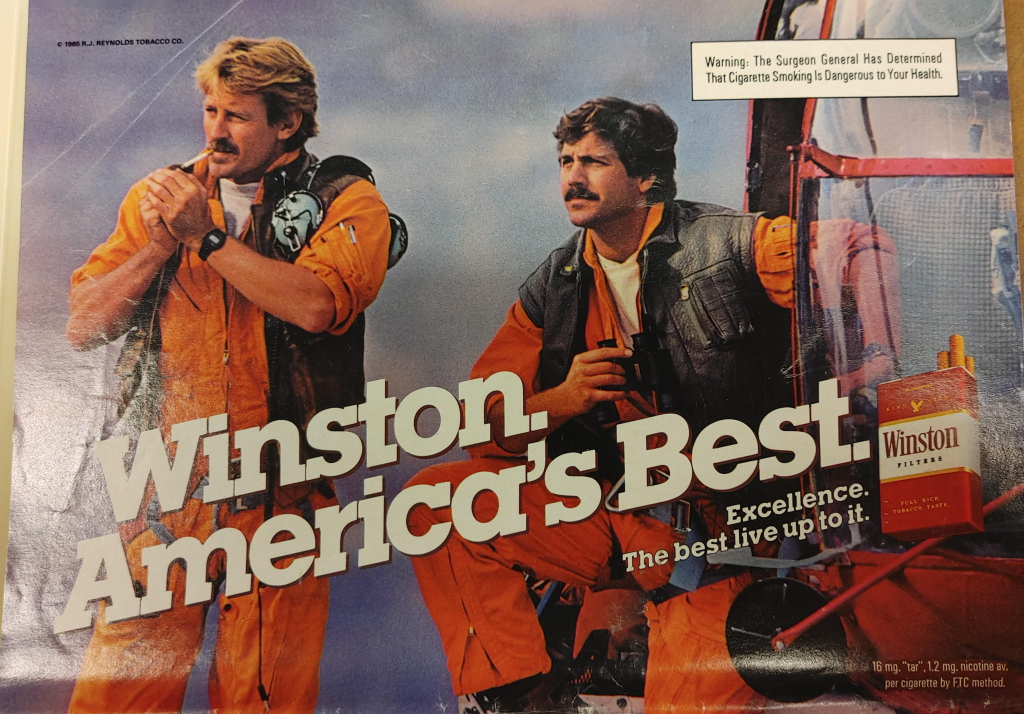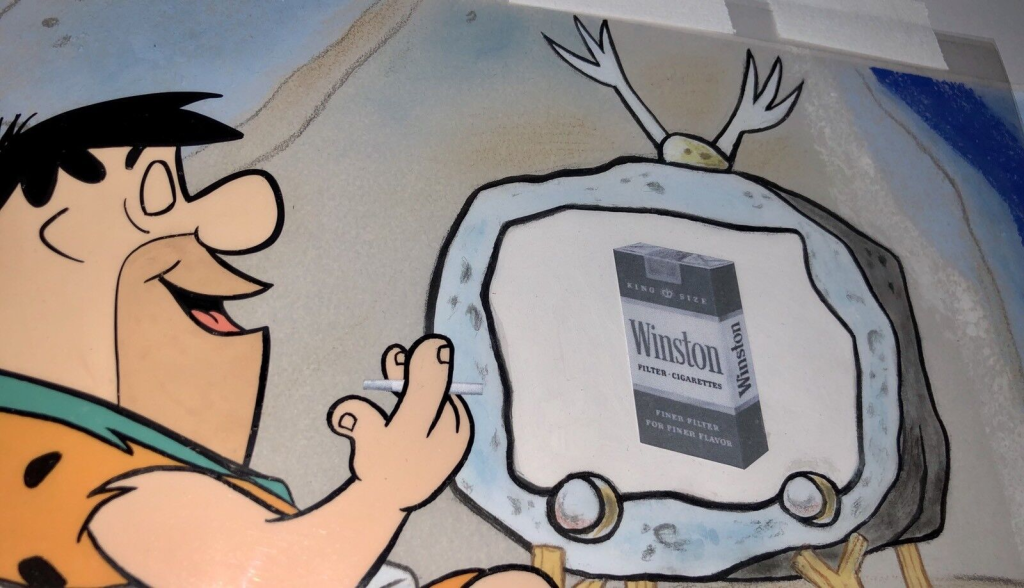Winston wasn’t just a cigarette brand for decades — it was a cultural icon. Launched in the golden age of American tobacco, Winston resonated deeply with a generation of smokers who valued bold flavor, patriotic branding, and a sense of rugged authenticity. From its famous “Winston tastes good like a cigarette should” slogan to its presence in NASCAR and primetime television, Winston helped shape the identity of smoking in postwar America.
This article explores how Winston became a household name, what made it stand out, and how its legacy continues to echo through the modern tobacco landscape.

1. The Birth of a Bold Brand (1954)
Winston was introduced by R.J. Reynolds Tobacco Company in 1954. It was one of the first filtered cigarettes to reach mass popularity — at a time when smokers were beginning to worry about health and seeking “cleaner” alternatives.
The name evoked confidence and American pride, inspired by Winston-Salem, North Carolina — the heart of Reynolds’ tobacco empire.
Key innovation:
- Filter-tipped design – Winston helped popularize filtered cigarettes, giving them a cleaner taste and more modern appeal.

2. Advertising That Made History
Few slogans have embedded themselves into American pop culture like Winston’s famous line:
“Winston tastes good — like a cigarette should.”
Though grammatically controversial, the line became part of everyday conversation. Winston’s ad campaigns featured cowboys, hardworking men, and even animated characters — helping it dominate billboards, radio waves, and television screens throughout the 1950s and 1960s.

Notable highlights:
- Flintstones sponsorship – Winston was famously featured in early episodes of The Flintstones, targeting adult viewers in primetime.
- NASCAR dominance – Winston was the title sponsor of NASCAR’s top racing series for over three decades, cementing its place in American sports culture.

3. A Symbol of Masculinity and Strength
Winston didn’t just sell cigarettes — it sold identity.
Smokers who chose Winston were often portrayed as strong, no-nonsense individuals. The brand’s image was unapologetically masculine, patriotic, and bold. This made it especially popular with blue-collar workers, veterans, and outdoor enthusiasts during the 1960s–1980s.
4. Global Reach and Shifting Perception
Though Winston began as a distinctly American brand, its appeal quickly went international. By the 1990s, Winston was among the top-selling cigarette brands in countries like Japan, Spain, and Russia.
However, changing health attitudes, increasing tobacco regulation, and shifting cultural values gradually reduced Winston’s presence in advertising and sports. The brand transitioned from a cultural powerhouse to a more niche, legacy brand.
5. Winston Today: A Brand with Heritage
In today’s world of vaping, tobacco alternatives, and health-conscious consumers, Winston holds a different place in the smoking conversation. It’s no longer at the forefront of advertising but remains a symbol of authenticity and old-school loyalty among seasoned smokers.
Some still prefer Winston’s full-bodied flavor and traditional experience over modern trends. Its minimalist packaging and continued commitment to additive-free tobacco keep it relevant in a market flooded with overly processed options.

Conclusion: A Generation’s Signature Smoke
Winston may not dominate headlines anymore, but its impact on American smoking culture is undeniable. It represented more than just tobacco — it was about identity, rebellion, and a taste people trusted.
Winston was more than a brand for a generation of smokers — it was a way of life. Its legacy endures in history and memory; for many, it is still in the ashtray.
🔗 Interested in Vintage Tobacco Culture?
Explore more iconic brands, historical ads, and the changing face of the tobacco industry on our blog. Whether you’re a collector, historian, or nostalgic smoker, every puff has a rich story.
